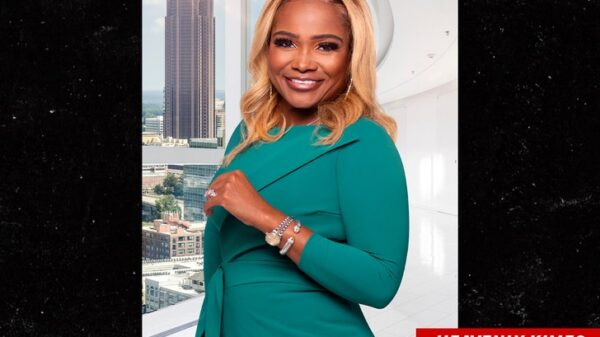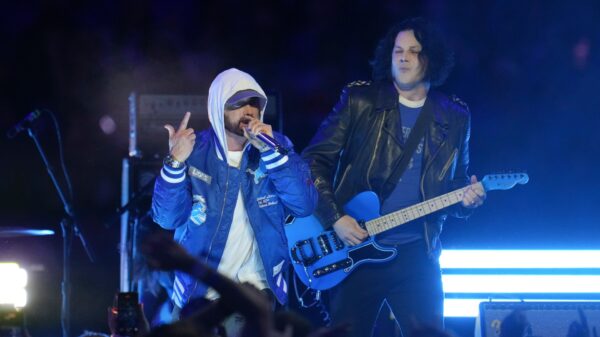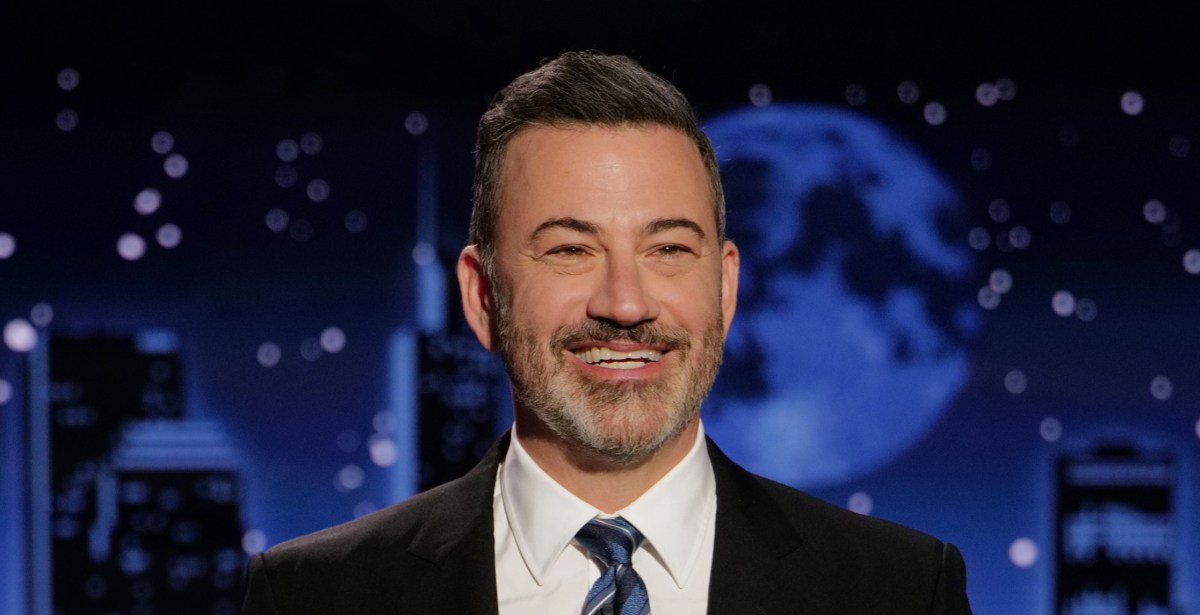URGENT UPDATE: Late-night comedian Jimmy Kimmel has been suspended indefinitely following a chilling threat from Brendan Carr, chair of the Federal Communications Commission (FCC), aimed at broadcasters airing Kimmel’s content. This unprecedented move comes as the Trump administration intensifies its campaign against dissenting voices in media.
Just hours ago, Carr announced that any station continuing to air Kimmel’s show could face revocation of their broadcasting licenses. “It’s time for them to step up and say this garbage… isn’t something that we think serves the needs of our local communities,” Carr stated during a podcast appearance. The implications of this threat are profound, signaling a potential crackdown on free speech in the media landscape.
This drastic action follows Kimmel’s controversial remarks during his Monday monologue, where he speculated about the political motivations behind a recent shooting involving Charlie Kirk. Although evidence indicated the shooter was likely not aligned with Kimmel’s allegations, the fallout has been swift. Nexstar, the largest owner of local stations in the U.S., swiftly deemed Kimmel’s comments unacceptable, citing a need to prioritize public interest.
39 percent of U.S. households tune into Nexstar’s channels, meaning Kimmel’s suspension carries significant weight for his audience reach and ratings. “Mr. Kimmel’s comments about the death of Mr. Kirk are offensive and insensitive,” said Andrew Alford, president of Nexstar’s broadcasting division. The network’s decision to cut ties with Kimmel raises alarming questions about the influence of government threats on media operations.
This escalation marks a significant moment in the ongoing struggle for media freedom in the United States. Critics warn that the weaponization of regulatory powers to stifle dissent mirrors tactics employed by autocratic regimes, such as those seen in Hungary under Prime Minister Viktor Orbán. While the FCC is legally barred from direct censorship, Carr’s actions demonstrate a troubling precedent in leveraging fear to control narrative.
Kimmel has been a vocal critic of the Trump administration, and this latest incident is seen by many as part of a broader strategy to silence opposition. With the political landscape increasingly polarized, Kimmel’s suspension serves as a stark reminder of the fragile state of free speech in the U.S.
As developments unfold, the media industry and viewers alike will be watching closely. The question remains: how will this impact the landscape of late-night television and the broader discourse on free speech?
Stay tuned for updates as this story continues to evolve.



































































